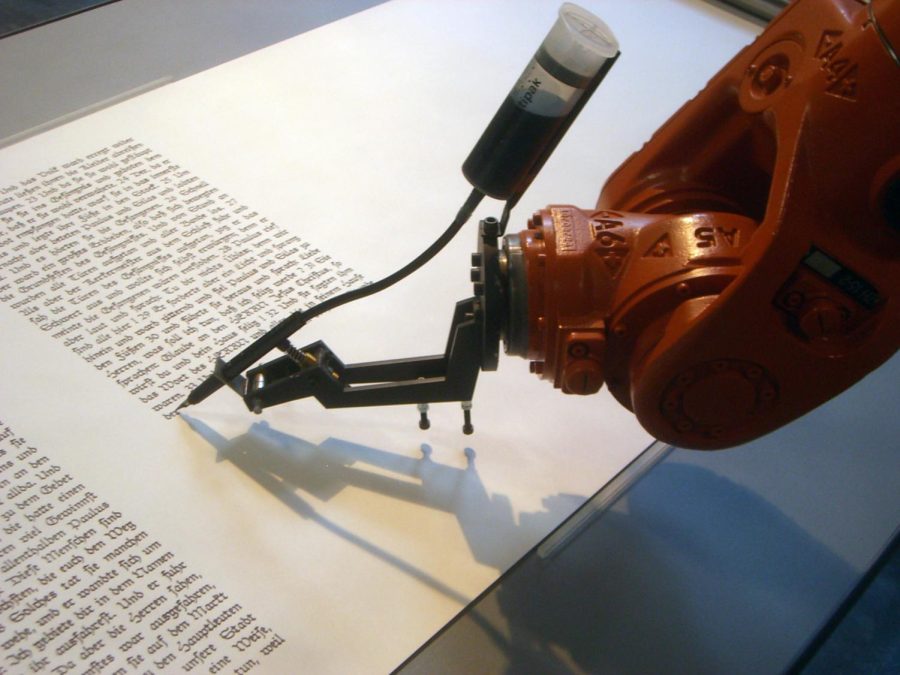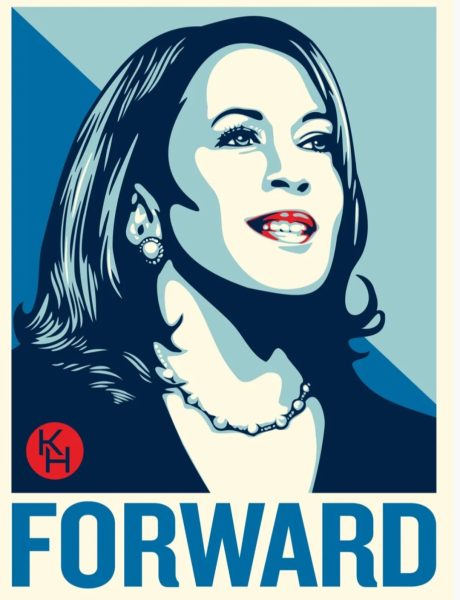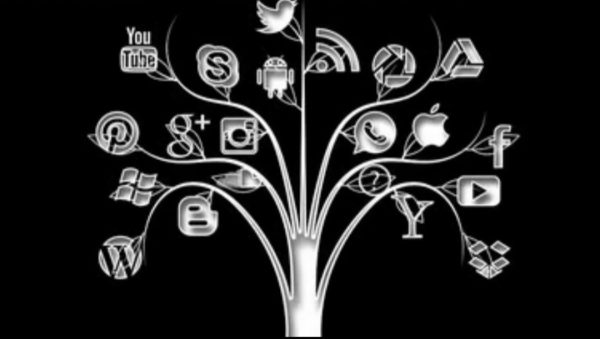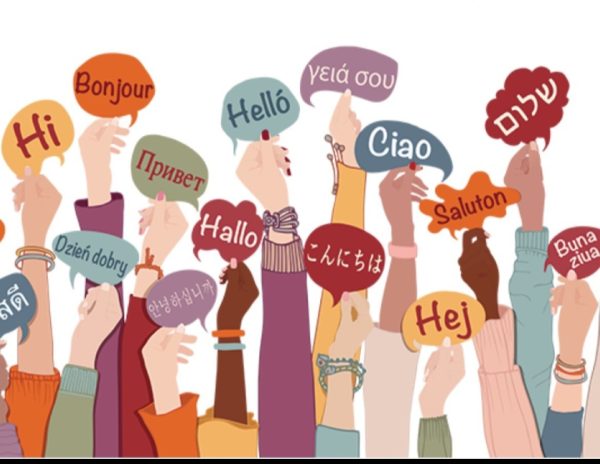Threat of AI in Media
AI in media: both a a blessing and a threat
The Writer’s Guild of America went on strike May 2, 2023. The 11,500 screenwriters walked out demanding better compensation for their work. However, the insistence for fair wages was not the only clause in their list of demands. The other focus of the writers’ strike was on the looming threat of artificial intelligence programs.
Many media companies and studios have been turning to the use of AI programs for decades. Up until a few months ago, AI was only used to accomplish tedious and mundane tasks that allowed for the writing process to be sped up. These types of programs include Spell Check, Grammarly, and Wikipedia. AI programs like these are generally considered to be healthy tools and do not threaten the job security of the writers.
Most professionals in the screenwriting and journalism field share the belief that these types of AI are useful and will always have a place in the writing process. This belief is expressed by Kathyrn Quigley, the Chairperson of the Department of Journalism and the Coordinator of Journalism Internships. When referring to these types of AI programs she stated, “In Journalism, there will be ways for us to use it as a tool.”
However, where AI gets dangerous is when studios and news organizations use text generative AI programs. These AI work by using large language models to predict what word is most likely to come after another word in a sentence. These programs are not actually writing, but merely mimicking writing. Essentially, the AI is just taking content that has already been published online and compiling it in a different format. The most known of these AIs is OpenAI’s ChatGPT.
The first big issue that surfaced with programs like these is the possibility they could be stealing copyrighted content without crediting the owner of the material. This issue is massive for the writers that these programs are taking from. The writers are not getting compensation for their work, and therefore losing revenue.
The use of AI programs, such as ChatGPT, by film studios also raises a vital question. Should the creators of the AI get credit like the writers do? The WGA argues they should not. Their reasoning being that if they credit the AI programs then the programers would get a portion of the residuals. This would decrease the actual writer’s pay.
A second issue that has risen from the use of text generative AI is the threat it imposes on screenwriters and journalists. Film studios and media companies could use the AI program to write the script or create an “idea.” The studio would then only hire human writers to edit or redraft the AI’s work. This would cost thousands of writers their job as studios would need less people to write on show or for a news company. If a writer were to keep their job, they would still see a huge pay cut due to the fact that they would only be editing and not creating (which pays more).
If this future were to come to fruition and human writers were phased out of the literary field we would all be impacted. Every one of us consumes media on a daily basis. We use it to keep ourselves entertained and informed on current events.
If AI text generative programs are adopted by major media companies and film studios we would see a decrease in the quality of the content produced. Only human writers can put the emotional depth, originality, and empathy that we find in the media we consume.
AI could never write something like Breaking Bad, The Sopranos, or Pulp Fiction. These are works that only a human could ever craft. With humans out of the equation, the content we consume would lose that human element. AI can never create content with quality on par to humans.
AI should be used by writers as a tool to aid them, not as a replacement for writers. It is for this reason that many professional writers are concerned and are striking for regulations to be placed upon AI programs. The WGA is striking for the ban of AI from generating scripts or ideas, and many other unions are coming out in support of the writers. If the WGA does not succeed in their regulations, it is a bleak future for the media we consume.







